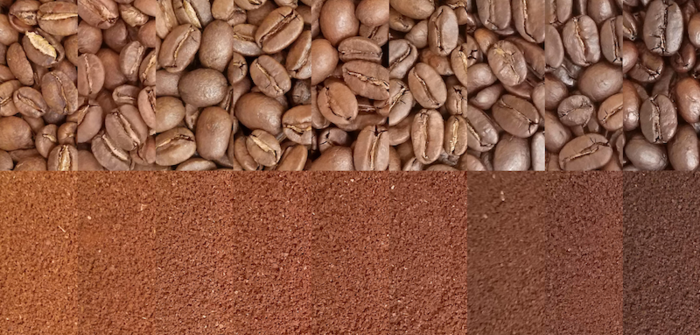
One of my (paying) side projects is going well. So far the client is pretty much just letting me do what I want, which means I get to work on new stuff that nobody has yet. That's always fun.
There will be at least a little splash over into Typica as a result of this project.
Another project that I'm not very involved in yet will require a new Typica release as well. All of the code for that one will end up MIT licensed but I still need to keep it to myself for now.
Drinking a cup of yesterday's roast of cemetery dried coffee (the one where I pre-sorted that to remove the defects before roasting).
Opted for a slightly slower (first roast had severe tipping) but lighter roast. I'd like to have a little more intensity of flavor like I got on the darker roast, but the people I've shared both with generally prefer the overall flavor of the one without the defects.
Was glad to be able to taste a coffee that is unlikely to ever be produced commercially.
I had extra funds in my Japanese PSN account so I picked up Gensokyo Defenders. It seems odd that all the trophies are in English when none of the rest of the game is. #touhou
Here's the blog post where I write about the stuff that I did in Seattle. https://typica.us/events/2018/05/03/expo-2018-recap.html
This coffee had all the defects except fungus and severe insect damage. After sorting those out the coffee is still ugly, but ugly is not a defect.
Given decent tasting results on not a great roast with the defects left in, I'm optimistic about this next batch and curious how this could have turned out with professional processing at a real mill instead of just spreading the coffee out over a cemetery.
Apparently instead of 1 email from FedEx today I got 3. The first letting me know that they really meant it, delivering the package today. The 2nd lying about attempting to deliver it, and the third letting me know that they'll try again tomorrow. There's no way any reasonable delivery attempt would have failed.
My latest video just passed 500 views. It's about how temperature measurements get from a sensor into a logging program and some of the stuff that can be done with that data.
Lots of people use settings that aren't optimal for their hardware and understanding what's going on under the hood can help people diagnose those issues and understand which of those can be fixed with a simple settings change and what sorts of things are better addressed with better hardware.
- Software
- https://typica.us
- Send Money
- https://typica.us/payment.html
Author of Typica software for coffee roasters.

